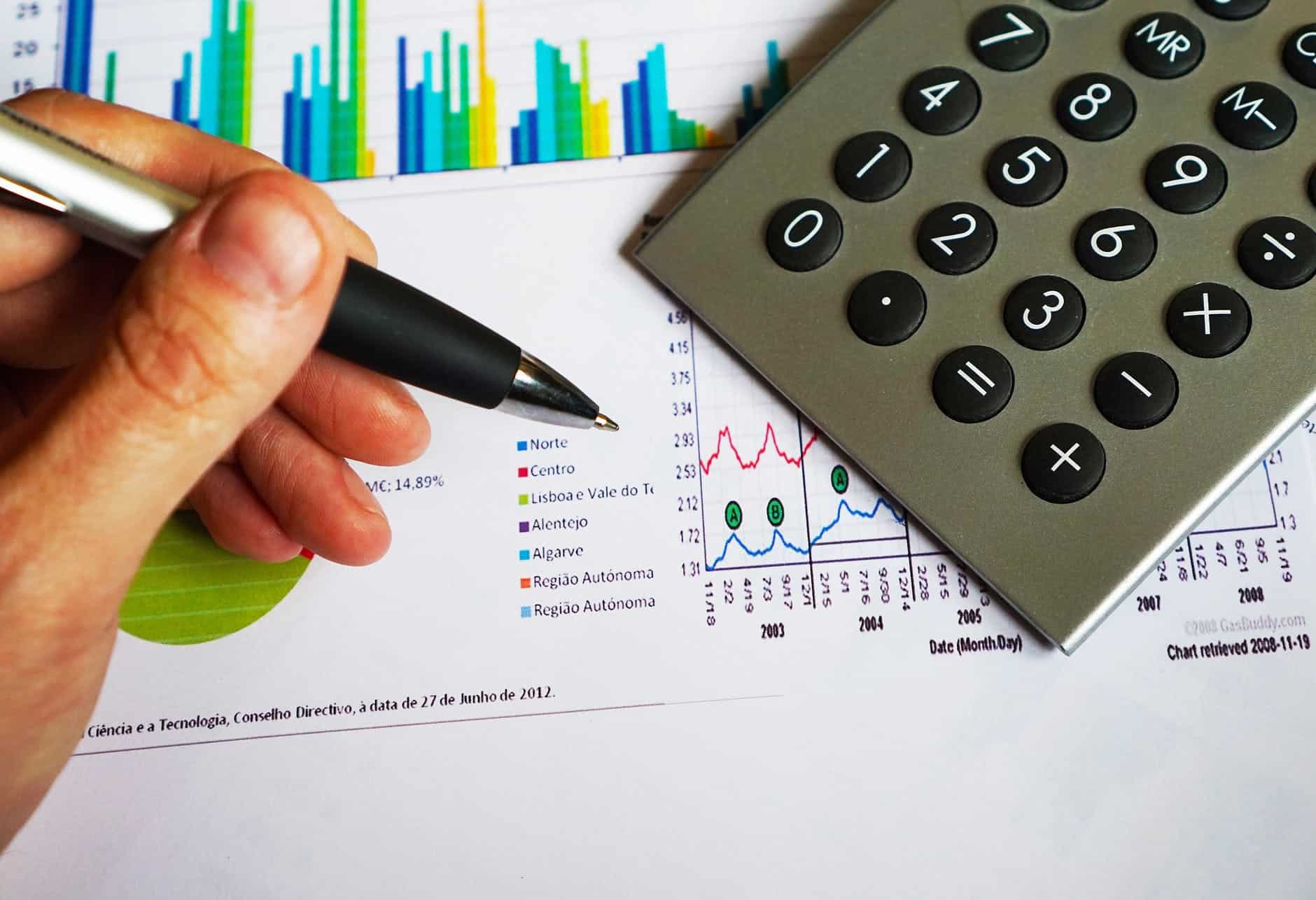Photo by Pixabay on Pexels.com
We are constantly increasing our knowledge about how sustainable assessment practices could support students’ learning and studying. What has received much less attention is the connection between assessment and knowledge. Practices such as formative assessment, authentic assessment and learner-centred feedback are commonly promoted as ‘best practices’ for all disciplines in higher education; yet how such practices operate within different knowledge systems has been scarcely elaborated.
For example, in STEM disciplines, knowledge is often seen as something objective and measurable. Students are not supposed to produce new scientific knowledge about chemistry or mathematics, but they learn a predetermined, cumulative set of concepts and ideas. On the other hand, in educational sciences, knowledge is understood as something relative and situated: there are no, for example objectively right or wrong teaching practices! Yet in both STEM disciplines and education, as students graduate, they become the future knowers and doers of their disciplines. All graduates, regardless of their discipline, need to be able to evaluate and produce knowledge in the modern ‘knowledge societies’. How could assessment equip students with tools to use and produce knowledge in their future lives – especially in STEM contexts where assessment strongly relies on the idea of objective measurement?
In our new article in Teaching in Higher Education, we examined mathematics students’ beliefs about assessment and knowledge. We know from experience how tricky it is to shift one’s understanding of knowledge in STEM contexts: both of us share a background in university mathematics. As we have entered the world of educational research, it has not just been a matter of learning new methods and approaches. Rather, we have completely needed to re-evaluate our understanding of knowledge.
Indeed, Juuso – a current promoter of sustainable assessment practices – has a confession to make. Before pursuing a career as a researcher, Juuso was hired for a pedagogical development project at a mathematics department. The project concerned self-assessment in undergraduate mathematics studies, driven by the project leaders’ desire to widen the assessment practices of mathematics beyond traditional exams. Juuso – who at the time was jobless and desperate – accepted the job with great scepticism. Juuso remembers laughing about the project: Why bother to develop self-assessment? Why would we ask students to ‘self-assess’ in mathematics? Mathematical knowledge just is: it needs to be evaluated by experts, not by students themselves. With this personal anecdote, we want to highlight the power of epistemic resources. Years later, our journey as researchers has taken us somewhere else. For example, this study was rejected from another journal due to its ‘extreme positioning’ that denies objective reality. How far we’ve come! Both of us conduct both qualitative and quantitative research, yet we think we are now more able to reflexively shift between various understandings of knowledge; this is exactly the process we promote for assessment in higher education.
Through sustainable teaching and assessment practices we could ideally train our students to actively and reflexively deal with knowledge. Yet assessment can also suppress students’ agency as knowers and doers of their disciplines, and this is a process teachers need to be aware of. Assessment demonstrates how knowledge is built, produced, and how it can be evaluated. Our study has been conducted in the context of mathematics which typically relies strongly on traditional assessment practices – namely, closed-book exams. However, at the mathematics department in our study, assessment practices had been largely developed. The findings imply that with exposure to various assessment practices beyond the traditional ones, students gained tools to actively evaluate the structures of mathematical knowledge. Thus, the students had widened their idea of how mathematical knowledge can be learned and demonstrated. At the same time, the students had gained critical reflexivity over assessment itself. There are other valid ways of assessing mathematics other than exams! As one student described their role as a producer rather than repeater of knowledge in assessment: “I’m not a calculator!”
In our study we note that developing student-centred assessment practices not only fosters student learning but also promotes their active reflexivity as knowers of their disciplines. There is a danger that assessment remains that one part of higher education learning environments that keeps on promoting a one-dimensional and ‘objective’ idea of knowledge. Assessment is often designed with practical considerations in mind – for example, it is practical to assess a STEM course with 400 students with an online exam – but we note the dangers of neglecting the aspects of knowledge and knowing. Even those practices deemed the most objective are not ‘neutral’ but shape students’ understanding of the knowledge structures of their discipline.
This is why we call for radical changes in assessment practices to bring students’ role as ‘knowers’ to the front. Such assessment practices would need to reach beyond the measurement paradigm that has emphasised the summative purpose of assessment. We do not simply want students to recognise invalid knowledge, such as ‘fake news’. Instead, we promote assessment that equips students with tools to evaluate such knowledge and, importantly, challenge it if needed. Shouldn’t future graduates be exactly the ones who debunk such ‘fake news’ and provide more valid knowledge instead, striving for more sustainable futures? We see the production of such reflexive thinking as an important function of higher education amidst ‘knowledge economies’, and in our study we have highlighted the often taken-for-granted role of assessment in the equation. How such assessment practices would look in practice, especially in STEM contexts, would be an interesting new focus for future assessment research.
Juuso Henrik Nieminen (University of Eastern Finland) and Juulia Lahdenperä (Häme University of Applied Science)
Read more: teachinginhighereducation.wordpress.com


